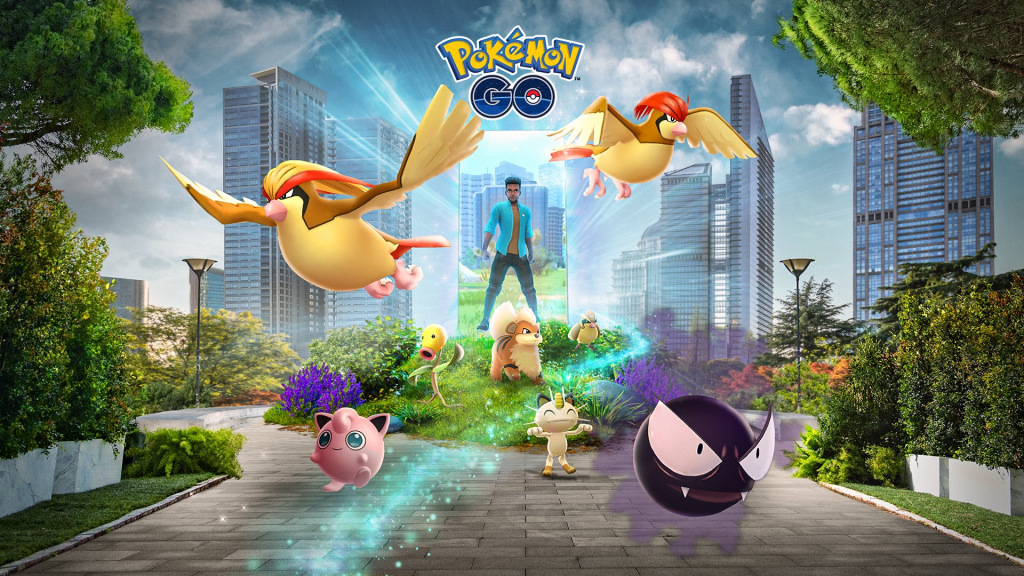Do you recall the summer of 2016, when it seemed like everyone was playing Pokémon Go? The information you gathered from playing that augmented reality (AR) game and others similar to it might hold the secret to a brand-new AI model.
The company that created Pokémon Go, Niantic, disclosed its plans to create a Large Geospatial Model (LGM), an artificial intelligence tool that would assist machines in navigating and comprehending the real world.
An AI Model Is Being Trained Using Your Pokémon Go Data

It seems there is no coming back from controversy for Pokémon Go. According to Niantic, it is creating a new “Large Geospatial Model” (LGM) by combining millions of scans from Pokémon Go and other Niantic product users’ smartphones. In a blog post seen by Garbage Day, the company stated that this AI model might enable computers and robots to comprehend and engage with the world in novel ways.
The idea, according to Niantic’s blog post, is to help AI learn about complex three-dimensional spaces in order to be utilized for future augmented reality or even robotic applications. This is tied to something called the Visual Positioning System, or VPS.
Many people who read Niantic’s blog post may not understand the technical details, but the simplest way to think of it is that this geospatial AI has been trained by specific player actions in Pokémon Go, much like ChatGPT is trained by written internet content.
Specifically, these efforts seem to be connected to a feature called “Pokemon Playgrounds” that lets users pin a Pokemon to a real-world spot that they will consistently remain in for other players to see.
Has Niantic Betrayed Us?

Now, the question arises: are we betrayed by Niantic for using our information to feed the massive AI model? Actually, this aspect was never kept hidden, as you could find all of these in terms of the usage and the privacy policy of the game.
Niantic has never made a secret of this. Maybe read the games’ terms of use and privacy policy? And no one is forced to play with their real name. The data is also anonymized.
If the game is free, you are the product.
— Adalbert Zoch 🌲idyllic idleness ⛪ (@1Zoch) November 21, 2024
The game never asked for a real name, so you could hide your real identity as well. All the data that we provided to the server of the game is anonymized. And this sums up why the game was absolutely free from the very beginning.
Well shoot, I have been playing it since 2016, and am still playing
That’s actually brilliant on their part
— Legion’s Pineal Gland (@I_Am_Legion_73) November 21, 2024
In a 2022 Q&A, Niantic Chief Scientist Victor Prisacariu explained that all the data the users upload when playing games like Ingress and Pokémon Go, the company built high-fidelity 3D maps of the world which include both 3D geometry and semantic understanding as well.
Even though Niantic may be accurate about the possible uses of this technology in the future, it’s important to keep in mind that AI data can also be misused. Elise Thomas, an OSINT analyst, noted that there’s a good chance this technology will eventually be used in the military as well.
Just imagine, someone telling you all of these in 2016 when you are running behind Charizard to capture him on the roads!











